|
Carole: Jeffery and I are an award-winning mother-son team. We are excited to introduce our third collaboration, Kin: Rooted in Hope. The verse novel is a powerful family saga spanning enslavement and freedom. My first-person poems combine with Jeffery’s stunning scratchboard illustrations to conjure the voices and visages of our ancestors and their contemporaries. We reimagine their lives at the same Maryland plantation where a young Frederick Douglass was enslaved. From scraps of history, we tell a story that is at both painful and empowering, personal and universal—from the first glimpse of our ancestors’ names in a 1771 inventory to our 2016 homegoing to West Africa. Here, we discuss Kin, its backstory and our roots. Carole & Jeffery: Why was it important to tell this story? Jeffery: Kin is our story of our own family’s roots. However, there are countless stories like this that deserve to be told. Carole: Absolutely! When the Civil War erupted, there were 4 million African descendants enslaved in the United States. Imagine all the untold stories. I felt obligated to my ancestors and to their offspring to pass this story on. Jeffery: Why did you fictionalize the story? Carole: Despite my research, mysteries remained. My ancestors were barred from reading and writing, and the enslavers deemed Black lives unworthy of documentation. So, I fabricated details and revived once-marginalized voices to compensate for omissions and unknowns. Kin’s characters share first-person accounts of life at Wye House, Maryland’s largest enslavement plantation, and in all-Black, Reconstruction-era villages. In the process of conjuring those voices and recreating the milieu, I forged ties with my forebears. Readers will also hear from a retriever, furnishings and the Chesapeake Bay. Carole: What did you aim to achieve with the artwork? Jeffrey: I wanted to render high-contrast portraits and atmospheres with a dynamic sense of emotion while at the same time evoking the past. My illustrations have the feel of vintage prints. Jeffrey: What was your research process? Carole: Years before conceiving this book, I was piecing together my family’s saga. As a young adult, I visited the grounds of Wye House. In 1998, a new historical marker in Unionville—honoring the 18 veterans of the U.S. Colored Troops who co-founded the village—led me to my great-great grandfather Isaac Copper. A passage from Frederick Douglass’s autobiography describing another Isaac Copper immersed me deeper into the past. That research produced my great-great grandfather’s military discharge papers. Once I decided to write a verse novel, I toured Wye House (which is a private home, not a museum) and the burial ground for the enslaved. I scoured the enslavers’ ledgers and studied material culture, the landscape and archeological reports. I also searched databases of slave ships and of the plantation’s enslaved residents. Carole: What challenges did you face in creating the illustrations? Jeffery: There weren’t many reference photos. That meant I had to imagine some elements and to use models including family, friends and, for one illustration, myself. I also had to find references for the landscape from various archives. Carole: Describe the artistic medium? Jeffery: Scratchboard is a subtractive medium in which artists use metal instruments known as nibs to scratch the surface off the top of the scratchboard paper to reveal lightness underneath. Scratchboard is a very meticulous design and execution process. One illustration may drawn up to three times before the final illustration is scratched. That is also true of digital scratchboard which I used for the first time in this book. Carole: Do you have a favorite illustration? Jeffery: My favorite is paired with the poem “The Rachel Speaks of Captain Richard Bruff.” My wife Bre’Anna modeled for that illustration. Jeffery: Do you have a favorite poem? Carole: My favorites are the question poems that aim to pinpoint my ancestors’ African roots. Although I went back seven generations to 1771, I still long for answers. As for the illustrations, I have so many favorites that it’s hard to choose just one. I really appreciate Big Jacob, the Gardener because I know how long you have practiced drawing hands. But Young Isaac reminds me of you, Jeffery, in Copperville as a boy, at our pond and at the creek. Carole: When did you first become aware of our family’s history on the Eastern Shore? Jeffery: My grandfather, who grew up there, showed me the one-room schoolhouse he attended across the road from our house. He also told me about community Christmas celebrations during his Depression-era childhood. But he didn’t discuss slavery with me. How about you? Carole: When I was a child my family would visit Copperville, the hamlet co-founded during the Reconstruction by my great-great grandfather Phillip Moaney. His portrait hung on the wall in the homestead. I would later learn that Phillip had been enslaved at Wye House—the same plantation as a young Frederick Douglass. As an adult, I heard about another great-great grandfather Isaac Copper, who co-founded nearby Unionville with other veterans of the U.S. Colored Troops. Jeffery: What discoveries surprised you most? Carole: In the Wye House plantation ledger, some enslaved people had surnames. By 1771, my fourth great grandparents, Isaac and Nanny Copper, were already in colonial Maryland. Local lore is that my great-great grandfather, Isaac, was called “the Royal Black” because he descended from African royalty. What if I had known that when we visited West Africa in 2016? Carole Boston Weatherford has written many award-winning books for children, including You Can Fly illustrated by her son Jeffery; Box, which won a Newbery Honor; Unspeakable, which won the Coretta Scott King award, a Caldecott honor, and was a finalist for the National Book Award finalist; Respect: Aretha Franklin, the Queen of Soul, winner of the Coretta Scott King Illustrator Award; and Caldecott Honor winners Freedom in Congo Square; Voice of Freedom: Fannie Lou Hamer, Spirit of the Civil Rights Movement; and Moses: When Harriet Tubman Led Her People to Freedom.
Carole lives in North Carolina. Visit her website at CBWeatherford.com. Jeffery Boston Weatherford is an award-winning children’s book illustrator and a performance poet. He has lectured, performed, and led art and writing workshops in the US, the Middle East, and West Africa. Jeffery was a Romare Bearden Scholar at Howard University, where he earned an MFA in painting and studied under members of the Black Arts Movement collective AfriCobra. A North Carolina native and resident, Jeffery has exhibited his art in North Carolina, Georgia, Maryland, and Washington, DC. Visit his website at CBWeatherford.com. -- You can purchase Kin: Rooted in Hope here. Comments are closed.
|
Archives
July 2024
Categories
All
|
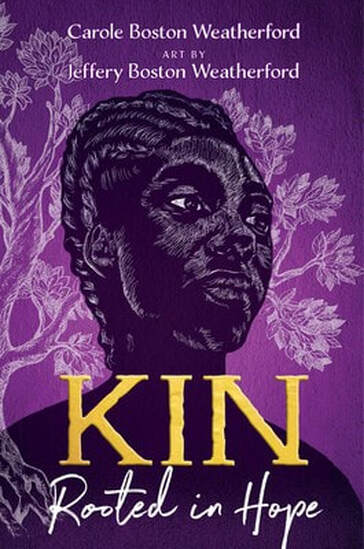
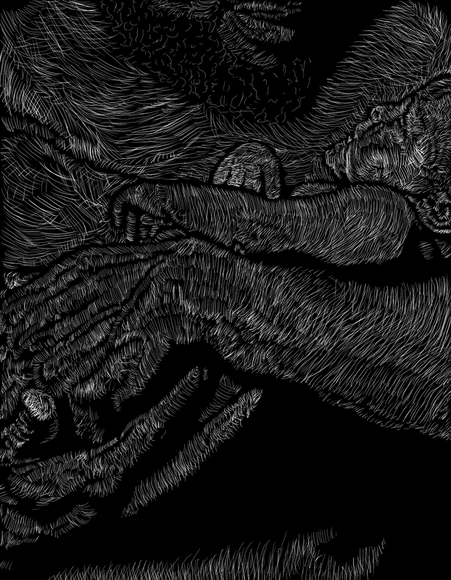

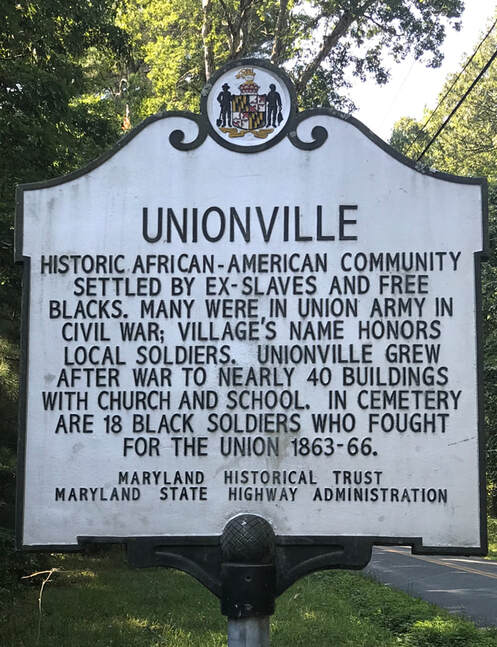
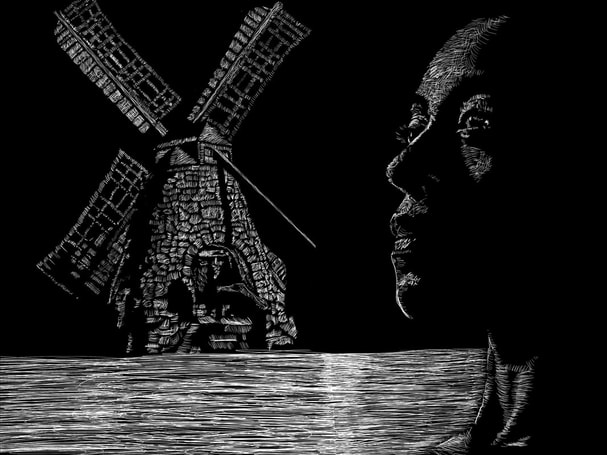
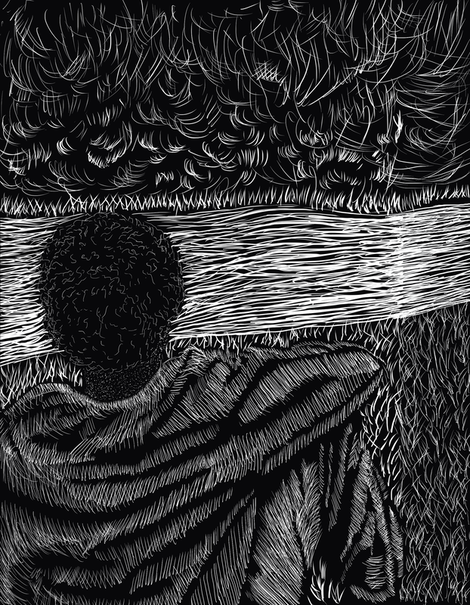
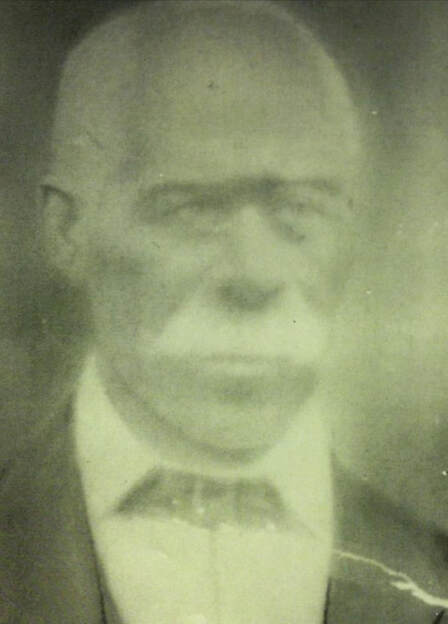
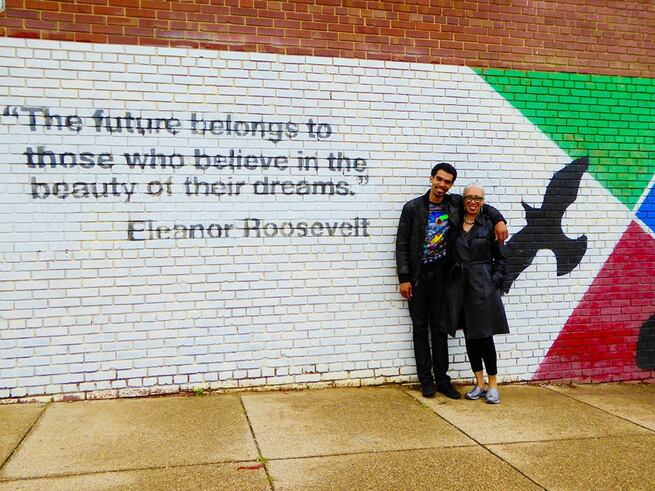
 RSS Feed
RSS Feed



